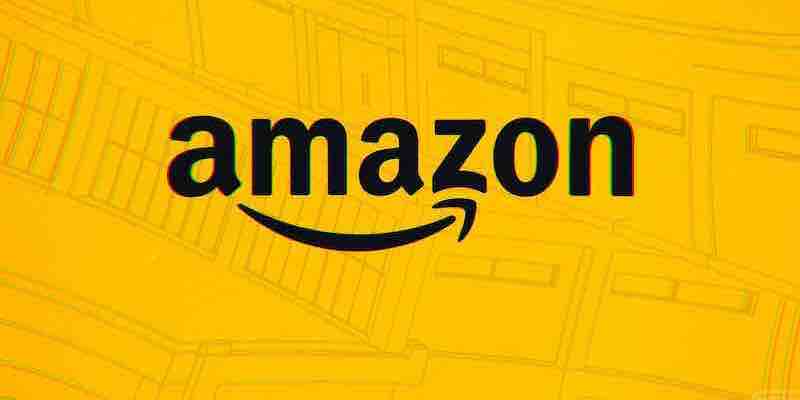Waitrose and Amazon: A Potential Online Grocery Partnership on the Horizon

Waitrose, a prominent supermarket under the John Lewis Partnership, is reportedly discussing selling its groceries through the e-commerce giant’s platform with Amazon. This move is a strategy to attract more customers and regain market share. The Sunday Telegraph revealed this potential third-party deal, noting that Amazon had recently forged a similar agreement with the supermarket chain Iceland. Iceland began offering its products to Amazon Prime subscribers in mid-September, with Amazon handling deliveries from Iceland’s physical stores. Amazon also similarly collaborates with Co-op and Morrisons.
Waitrose’s market share in the UK has declined, dropping to 4.6% from 5.1% at the beginning of 2020, based on Kantar’s industry data. This decline is attributed to the rising popularity of discounters like Aldi and Lidl, especially during the ongoing cost of living crisis. Waitrose had a long-standing partnership with online grocer Ocado for 20 years, which ended in September 2020 when Ocado partnered with Marks & Spencer. While both Waitrose and Amazon have not officially commented on this potential collaboration, Waitrose emphasized its online presence through Waitrose.com and its partnerships with delivery services like Deliveroo and Uber Eats.
Original Article by Julia Kollewe on The Guardian.
Strategic Partnerships in Retail
The potential collaboration between Waitrose and Amazon underscores the growing importance of strategic partnerships in the retail sector. As online shopping continues to gain traction, other retailers might respond in several ways to maintain their competitive edge:
- Diversifying Partnerships: Retailers could seek partnerships with multiple e-commerce platforms to ensure a broader online presence and reach different customer segments.
- Leveraging Technology: Investing in advanced technologies, such as AI-driven recommendation systems or augmented reality shopping experiences, can enhance the online shopping experience and differentiate a retailer from competitors.
- Exclusive Offerings: Retailers might launch online-exclusive products or promotions, enticing customers to shop on their online platforms.
The Evolution of Online Grocery Shopping
The increasing collaborations between supermarkets and e-commerce platforms signal a transformative phase for online grocery shopping:
- Convenience is King: The future might see more emphasis on rapid deliveries, possibly within hours of placing an order, and user-friendly interfaces that make online shopping seamless.
- Subscription Models: Taking a cue from Amazon Prime, more supermarkets might introduce subscription-based models offering free deliveries, exclusive discounts, and early access to sales.
- Integration of Services: Beyond shopping, online platforms might integrate meal planning, recipe suggestions based on purchased items, or virtual cooking classes.
Balancing Physical and Online Presence
The surge in online shopping poses challenges for supermarkets with physical stores. Here’s how they might strike a balance:
- Hybrid Shopping Experiences: Physical stores could offer services like “Click and Collect,” where customers order online and pick up in-store, bridging the gap between online and offline shopping.
- Leveraging Physical Stores for Online Fulfillment: Instead of separate warehouses, stores could double as fulfillment centers for online orders, ensuring faster deliveries.
- Reimagining Store Spaces: With potentially reduced footfall, physical stores might be repurposed. Some areas could be transformed into experience centers, showcasing new products, hosting events, or offering in-store exclusive deals to attract customers.
In conclusion, the retail landscape is rapidly evolving, driven by technological advancements and changing consumer behaviors. Retailers that can adapt, innovate, and offer value to their customers—both online and offline—are poised for success in this dynamic environment.